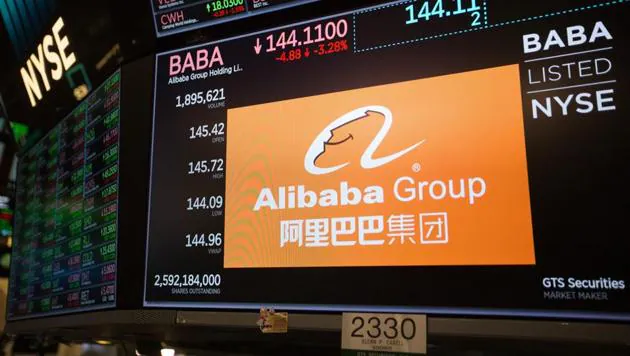 Chinese companies invested nearly $2 billion in Indian startups in 2017, a sharp increase from previous years and indicating their inclination to shift to India for its expanding market, cheaper labour and less domestic vulnerability, a new report says.
Chinese companies invested nearly $2 billion in Indian startups in 2017, a sharp increase from previous years and indicating their inclination to shift to India for its expanding market, cheaper labour and less domestic vulnerability, a new report says.
Chinese companies invested nearly $2 billion in Indian startups in 2017, a sharp increase from previous years and indicating their inclination to shift to India for its expanding market, cheaper labour and less domestic vulnerability, a new report says.
“In terms of investments in Indian startups, Chinese firms have predominantly focused on e-commerce, followed by transportation and fintech (financial technology), with majority of the biggest deals in the late-stage e-commerce sector. Some of the major investors in the Indian startup ecosystem include Alibaba, Ctrip and Tencent,” said a KPMG report unveiled during the 2nd Startup India Investment Seminar held in Beijing on Monday.
In the 1st Startup India Investment Seminar held in Beijing last year, 12 Indian startups participated out of which four secured funding from Chinese venture capitalists to the tune of US$15 million, the Indian embassy, which organised the event, said.
Among the key Chinese companies to have invested in Indian startups are Beijing Miteno Communication Technology (Media.net), Alibaba (Pay.tm), Alibaba with Foxconn Technology and Softbank (Snapdeal), Ctrip (MakeMyTrip), Tencent (Hike and Practo) and ByteDance (Dailyhunt).
Leading Chinese mobile company Xiaomi “…has showcased a significant interest in the Indian startup market in the last couple of years. As of March 2018, the company had invested in 10 startups in the country”, the report added.
It was in this backdrop — and with an eye on future collaboration — that 20 Indian startups are in China to make a pitch before Chinese investors to invest in their ventures.
A large number of Chinese venture capitalists sat through the presentations by the Indian companies that ranged from rental solutions, food delivery, media, e-commerce, home financing and online gaming. Some seven-eight startups are expected to get a commitment to the tune of US$ 30 million, the Indian embassy statement added.
Deputy chief of the Indian mission, Acquino Vimal, said India’s young demography, rapid economic growth and fast-paced urbanisation and its challenges work as a hotbed for growth of Indian entrepreneurs and the startup ecosystem.
That ecosystem provides them with the opportunity for offering unique, innovative, and affordable solutions for these challenges. Acquino said Chinese investors should take part in the development process of India growth story through investing in Indian startups.
The KPMG report echoed the thought saying that apart from Chinese corporations, venture capital funds from China are also planning to make a mark in the Indian startup ecosystem across sectors such as financial and education technology, e-commerce, content and online classifieds.
“Several firms including Qiming Ventures, Morningside Ventures, CDH Investments, 01VC and Orchid Asia Group are already looking to buy stakes in startups in India since the beginning of 2018,” the report added,
Chinese small and medium enterprises (SMEs) are also looking at investing in India.
“Although some of the Chinese giants have already tested the water, it is expected that in the coming years, SMEs of China are also likely to explore growth opportunities in India, especially in the digital sectors, which is primarily controlled by domestic companies’ or MNCs in China,” the report said.
“While for India, getting investments from China does not only involve getting money but also includes the knowledge and expertise that investors bring in, which help startups to save time and effort in building everything from the scratch,” the report added.
The startup investment event moves to Shanghai next.
